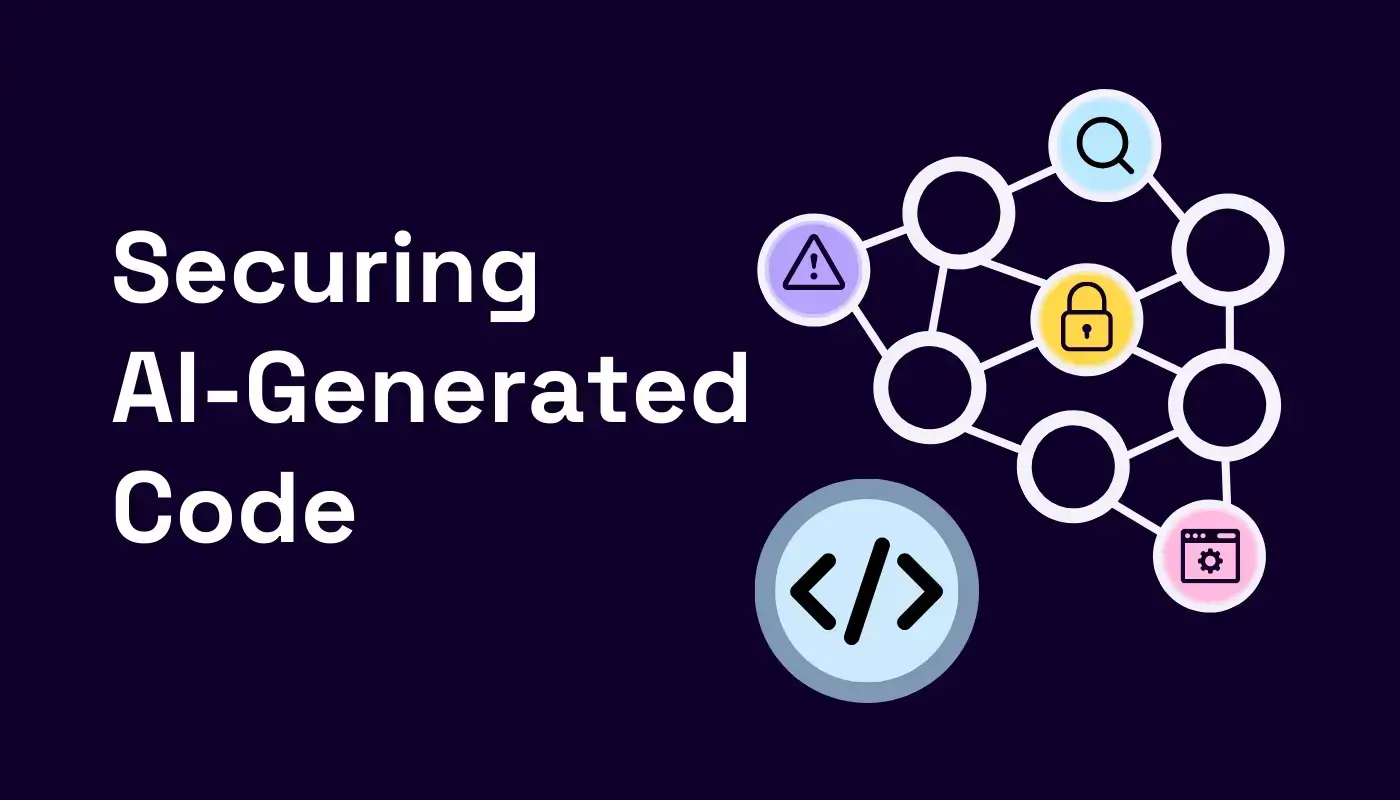For the top intelligence agencies in the US, technology has pushed aside terrorism as a top national security threat.
The leaders of six of those agencies, including the CIA, the NSA and the FBI, testified before the Senate Intelligence Committee on Tuesday, during its annual “Worldwide Threats” hearing. They discussed concerns ranging from terrorist attacks to nuclear strikes, but a major portion of the hearing was dedicated to discussing threats coming from technology.
Director of National Intelligence Dan Coats said in his opening statement that cybersecurity is his “greatest concern” and “top priority,” putting it ahead of threats like weapons of mass destruction and terrorism.
“From US businesses to the federal government to state and local governments, the United States is threatened by cyberattacks every day,” Coats said.
Those worries aren’t new. In December, President Donald Trump issued a national security strategy document that described cybersecurity as a top priority, citing threats including hackers from criminal enterprises and from places like Russia, China and Iran.
That declaration came at the end of a long year awash in online security issues, from the WannaCry ransomware attack to probes into the hacking of critical infrastructure to revelations of Russian misinformation campaigns waged via social media.
Sen. Richard Burr, the committee’s chairman, directed his questions about cybersecurity to NSA Director Michael Rogers. The Republican from North Carolina wanted to know about how protected critical US infrastructure, from computers to energy supply, is from cyberattacks.
“Cyber is clearly the most challenging threat vector this country faces,” Burr said. “It’s also one of the most concerning, given how many aspects of our daily lives can be disrupted by a well-planned, well-executed cyberattack.”
Rogers highlighted issues surrounding internet-of-things devices, pointing out how widespread they are and their lack of security.Connected devices are notorious for insecure settings, leading tomajor cyberattacks.
“If you think the problem is challenging now, just wait. It’s going to get much, much worse,” Rogers said



